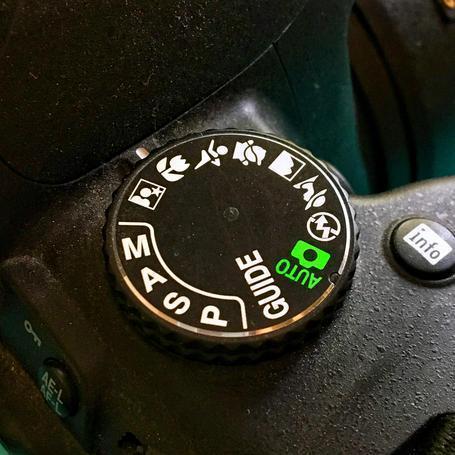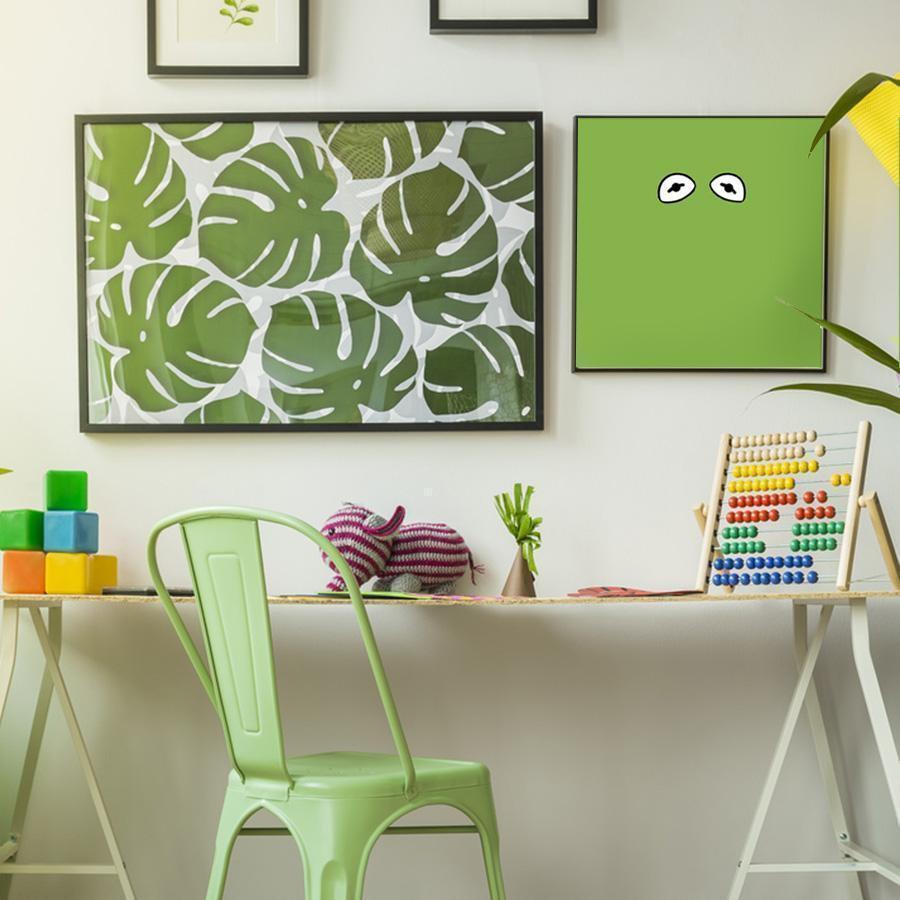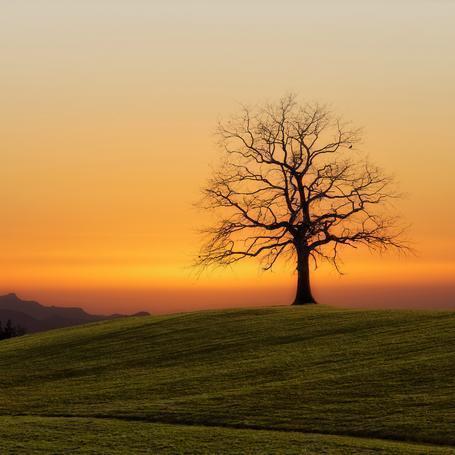Sure, some scene modes on your digital camera are pretty self-explanatory, but others may leave you scratching your head. Here’s a list of some of the most popular scene modes and an easy-to-understand description of what they do and how they do it.
Beach/Snow
Icon is often a snowman, snowflake, palm tree, or beach.
Photographing beaches or snow can be difficult and result in photos appearing washed out (ever try to capture snow scenes where the snow looks to be more grey than white?). This scene mode will adjust the exposure and white balance so that photos aren’t overexposed.
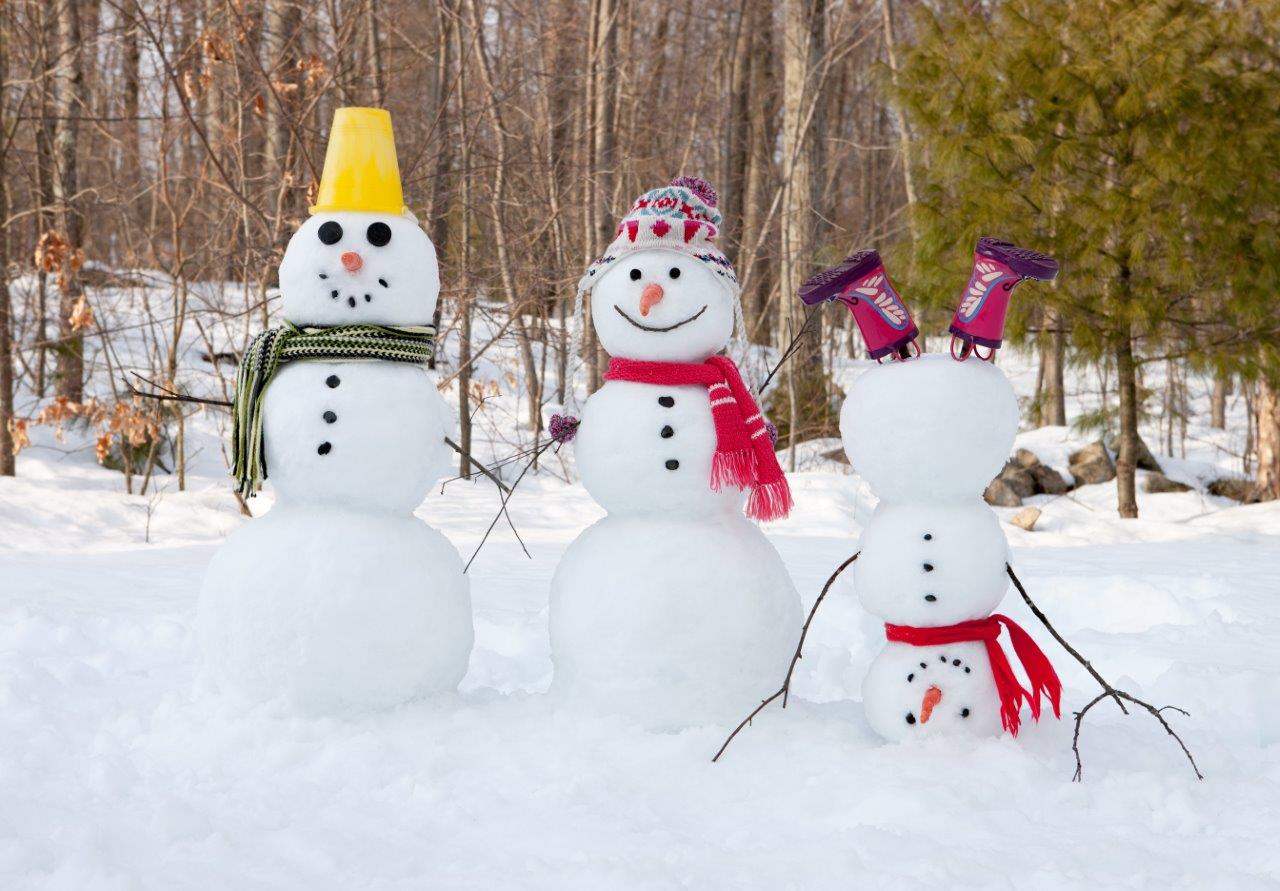
Close Up/Macro
Icon is most commonly a flower.
The Close Up scene mode on a digital camera is used to capture photos of small subjects, such as flowers and insects. This scene mode will typically use a wide aperture and fast shutter speed and will result in images showing great detail and clarity and a shallow depth of field (blurred background). For best results, use a tripod when using this scene mode.
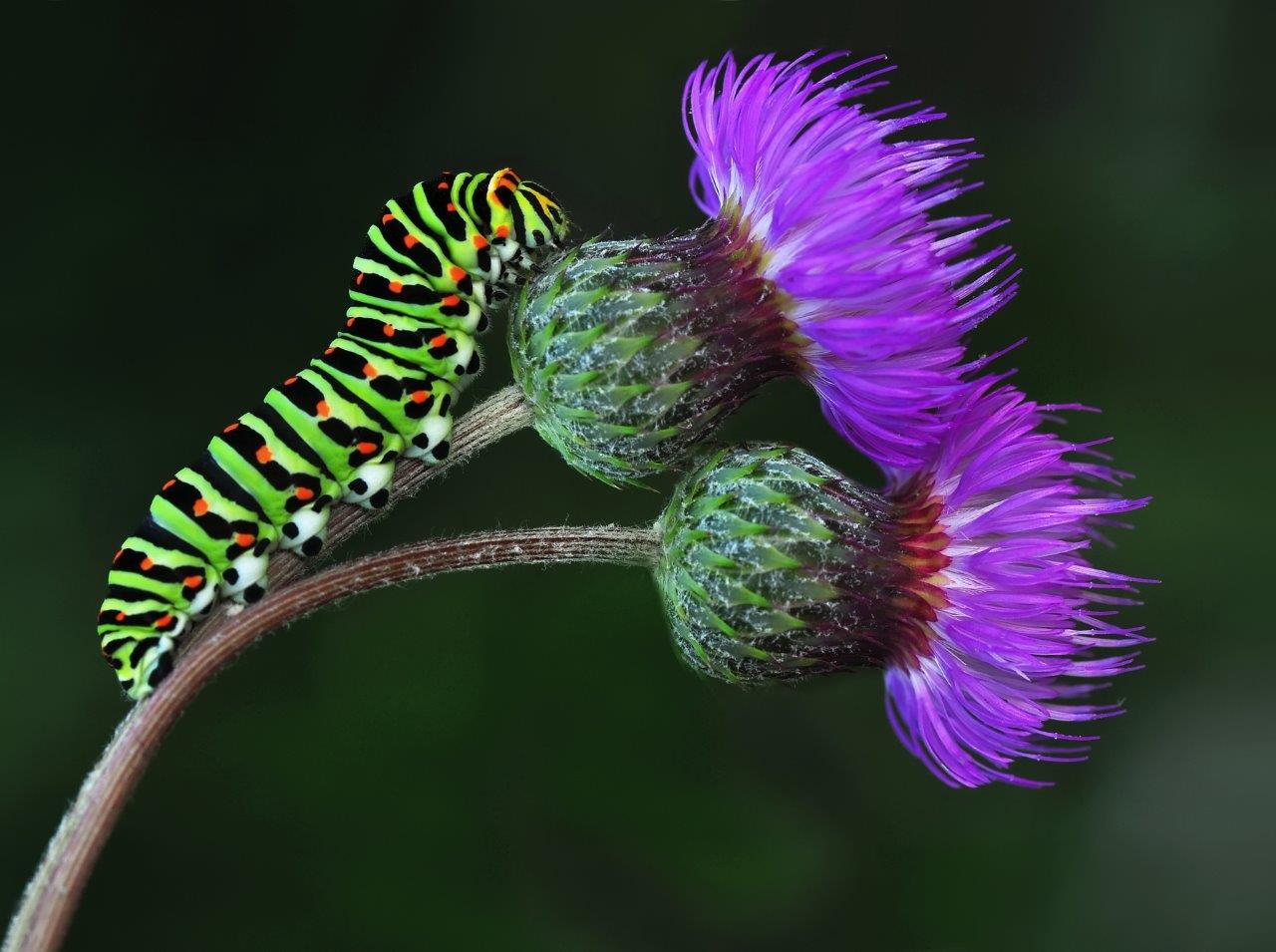
Dusk/Dawn
Often illustrated with a half-sun.
This camera scene mode will help compensate for the low light conditions found just before the sun rises and right after the sun sets. A longer exposure is used, so using a tripod or other means of camera stabilization is recommended.
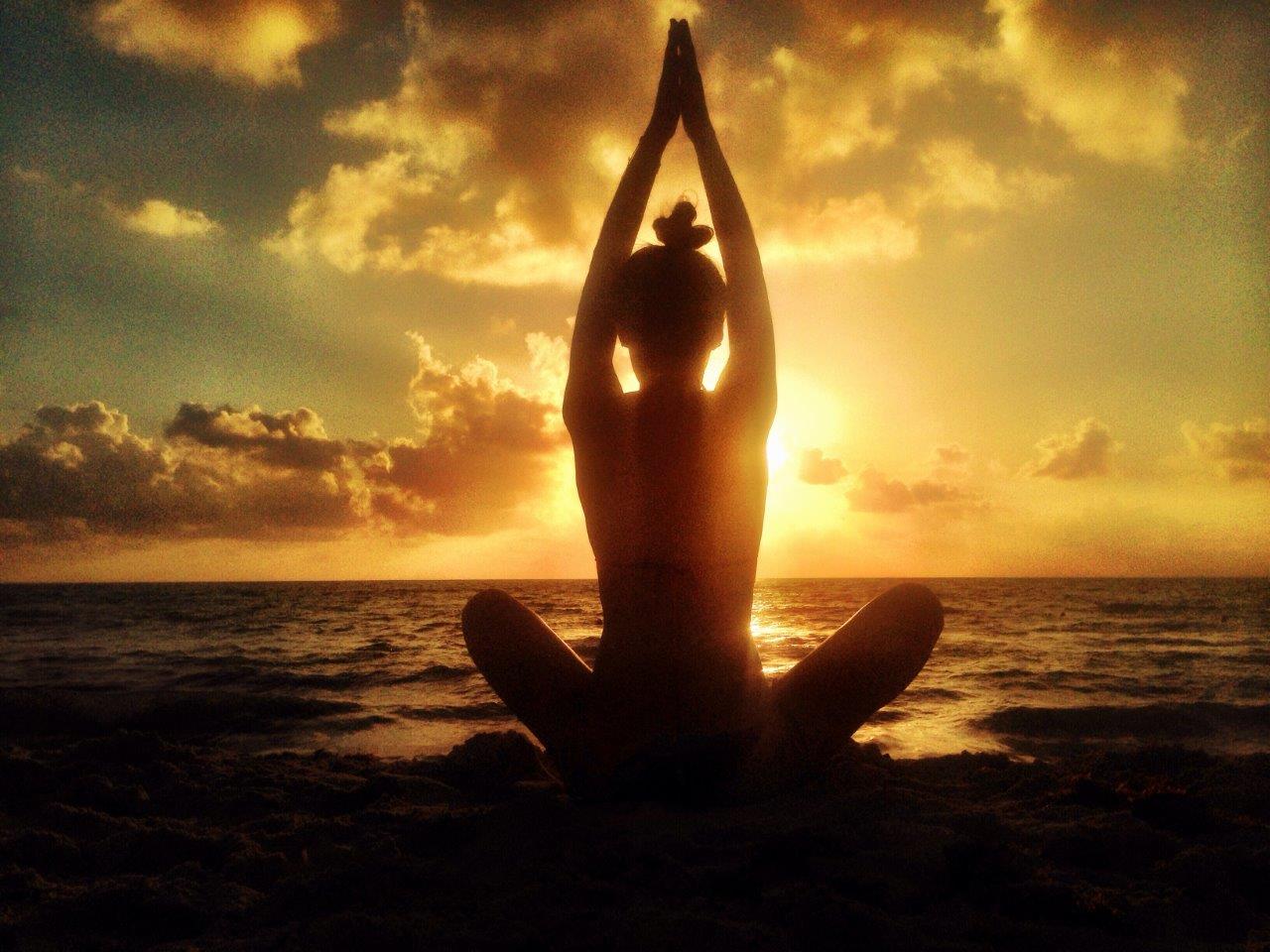
Fireworks
Icon is of fireworks.
Slow shutter speeds are used with this scene mode to help capture optimal photos of fireworks. This mode requires the use of a tripod or other camera stabilization technique in order to avoid blurry images.
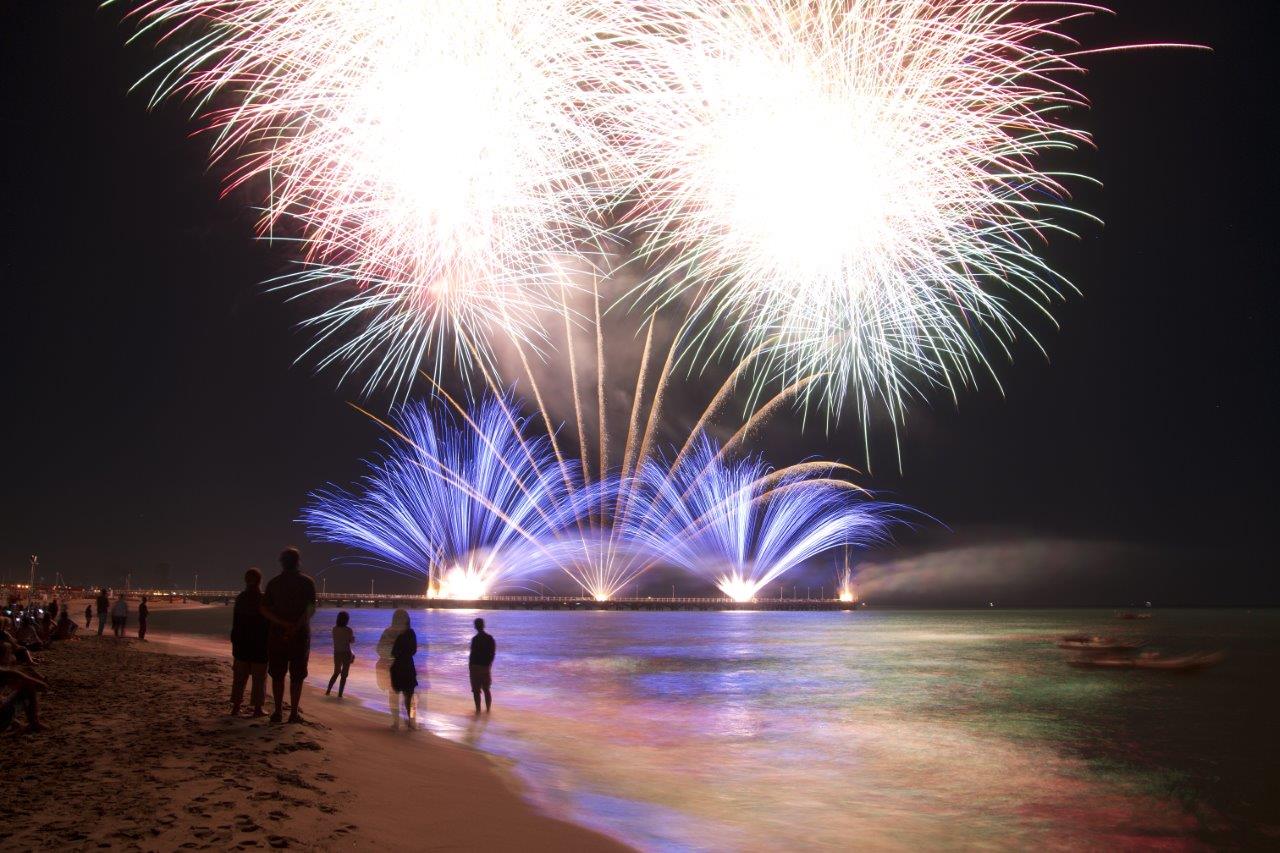
Landscape
Icon is most often a mountain.
Using a small aperture, the camera will focus on objects in the distance. As this mode creates images with the maximum depth of field possible, using the Landscape mode is also a good choice when trying to photograph views from planes or buildings because the camera won’t attempt to focus on the glass.

Night Landscape
Often illustrated as a mountain and star.
Similar to Landscape, the Night Landscape scene mode will create images with the largest depth of field possible to focus on subjects in the distance. Slow shutter speeds, or longer exposures, are used to allow more light to enter the camera’s sensor, so use a tripod for best results.
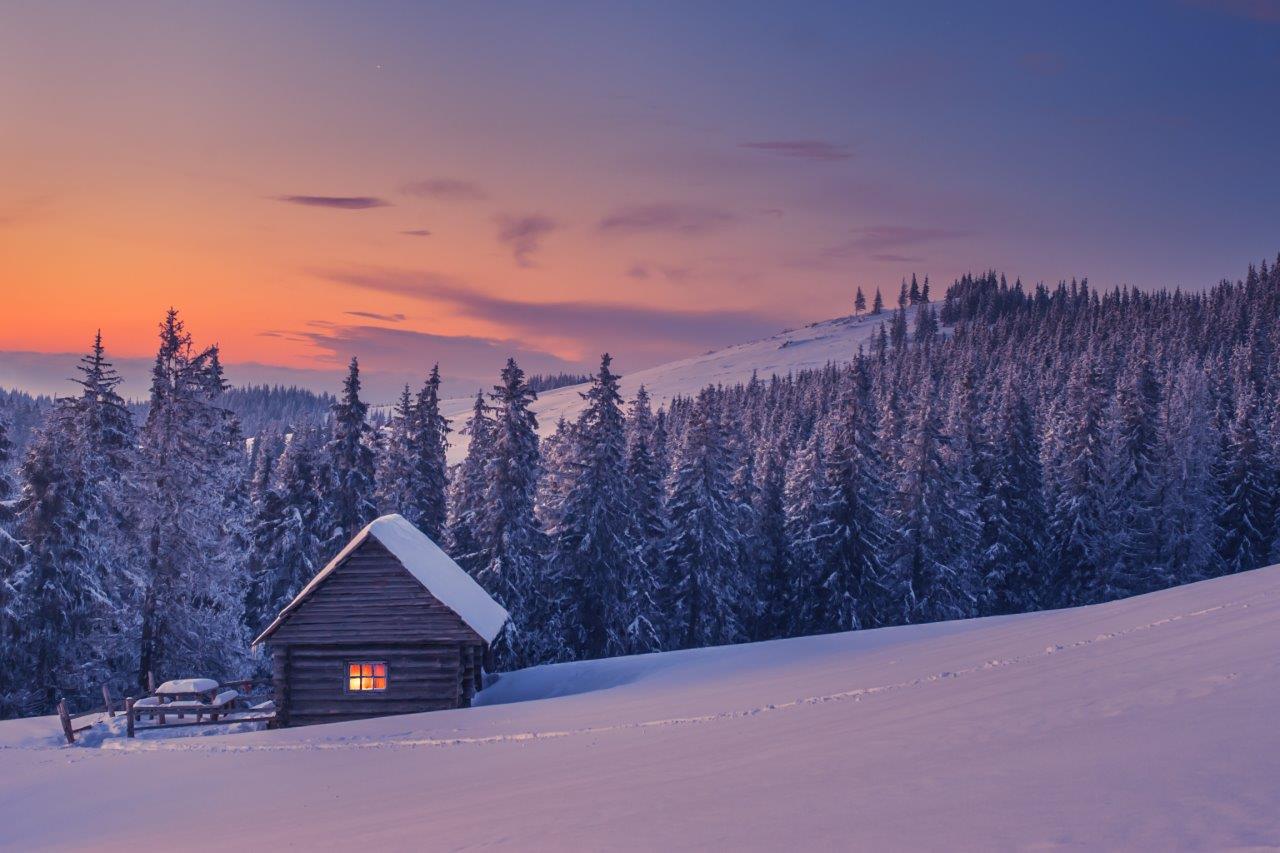
Museum
Icon is usually of a building.
This scene mode will turn the digital camera’s flash off—which helps eliminate glare when photographing glass—and, sometimes, the sound effects the camera makes too. The Museum scene mode will adjust the camera’s exposure to compensate for the lack of flash. Some cameras will increase the shutter speed to help eliminate camera shake, but a tripod is still recommended for best results.
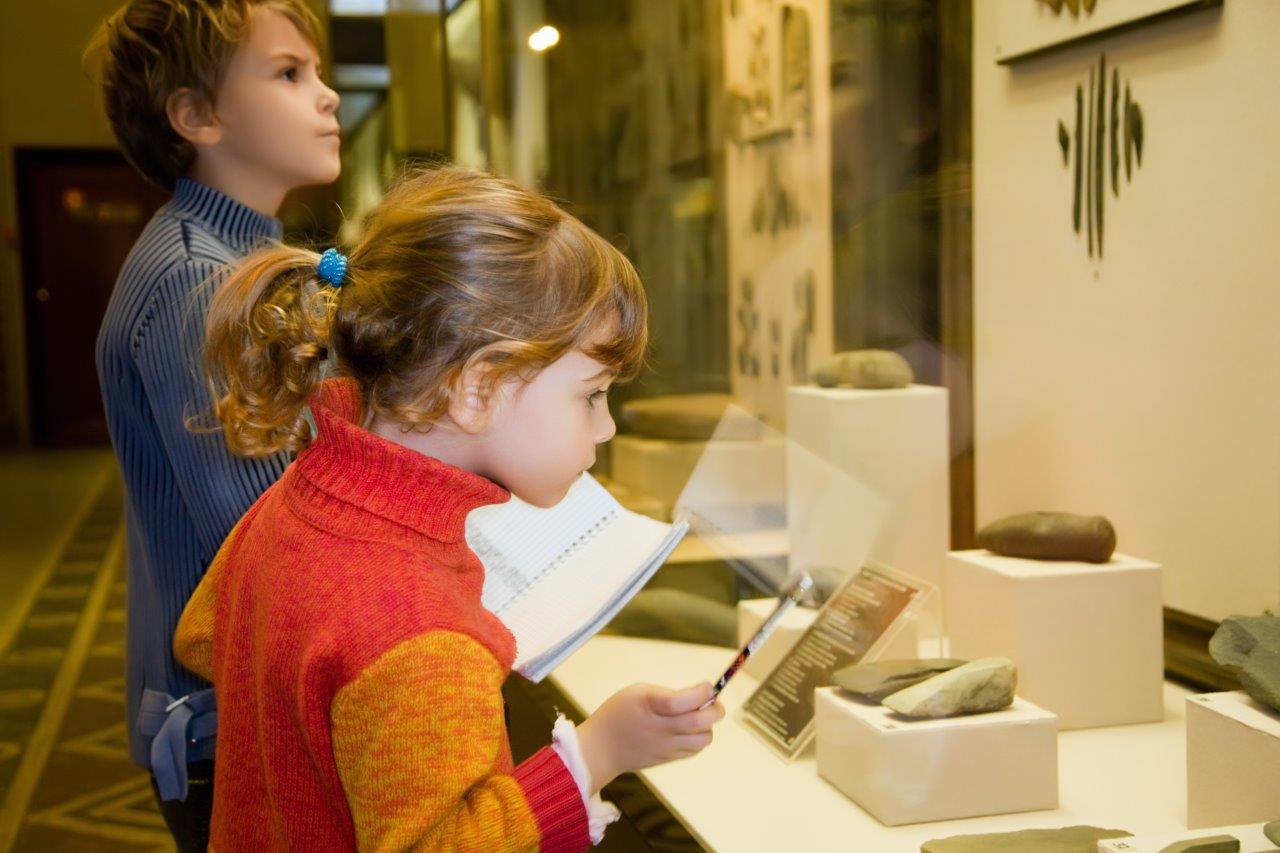
Portrait
Icon is a picture of a person.
The Portrait scene mode found on a digital camera will use a wide aperture, resulting in the photo having a shallow depth of field. This means that the subject will be in focus, whilst the background is blurred, eliminating distractions.
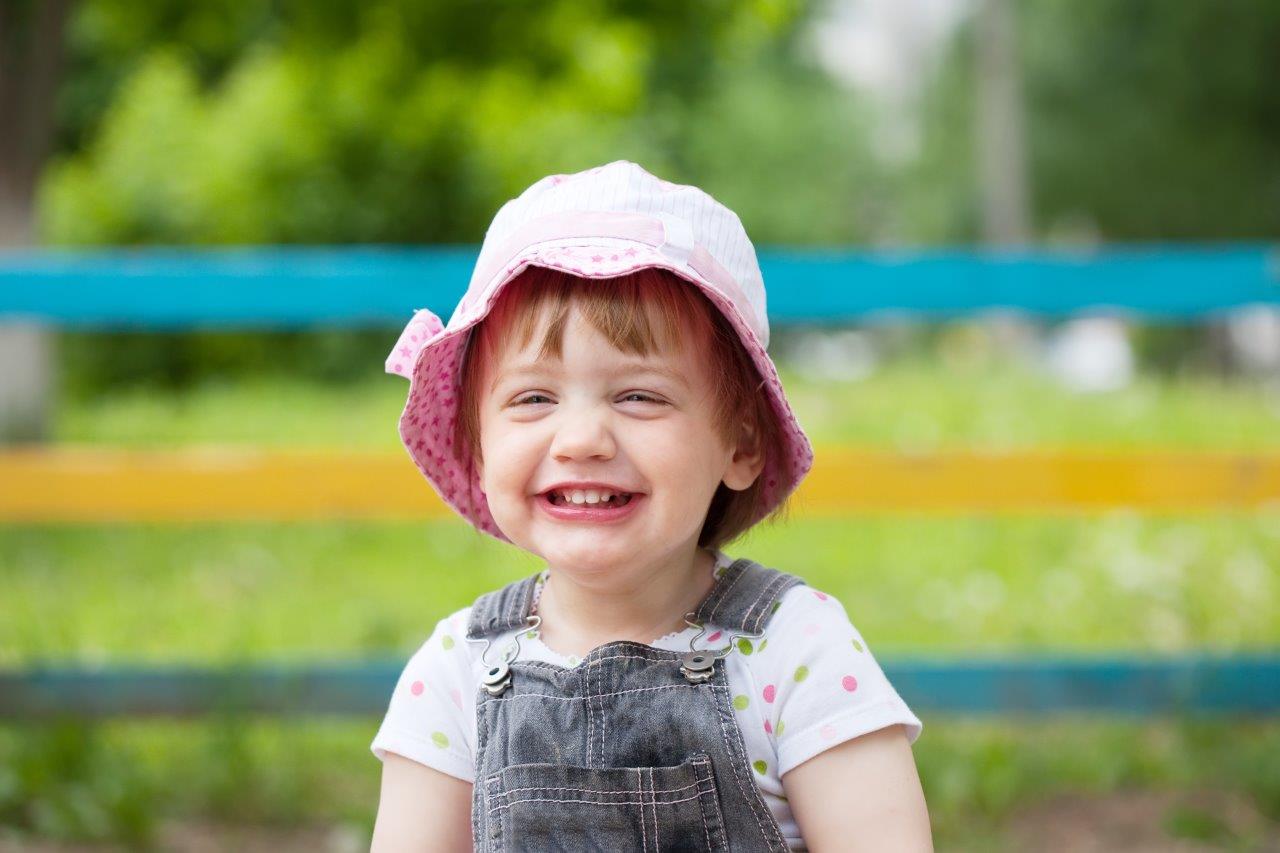
Night Portrait
Icon typically of a person and star.
The camera’s built-in flash is used with this scene mode. Oftentimes, red-eye reduction features are also enabled. The Night Portrait scene mode will use slow shutter speeds in attempts to capture darker portraits with a correct exposure, so use a tripod.
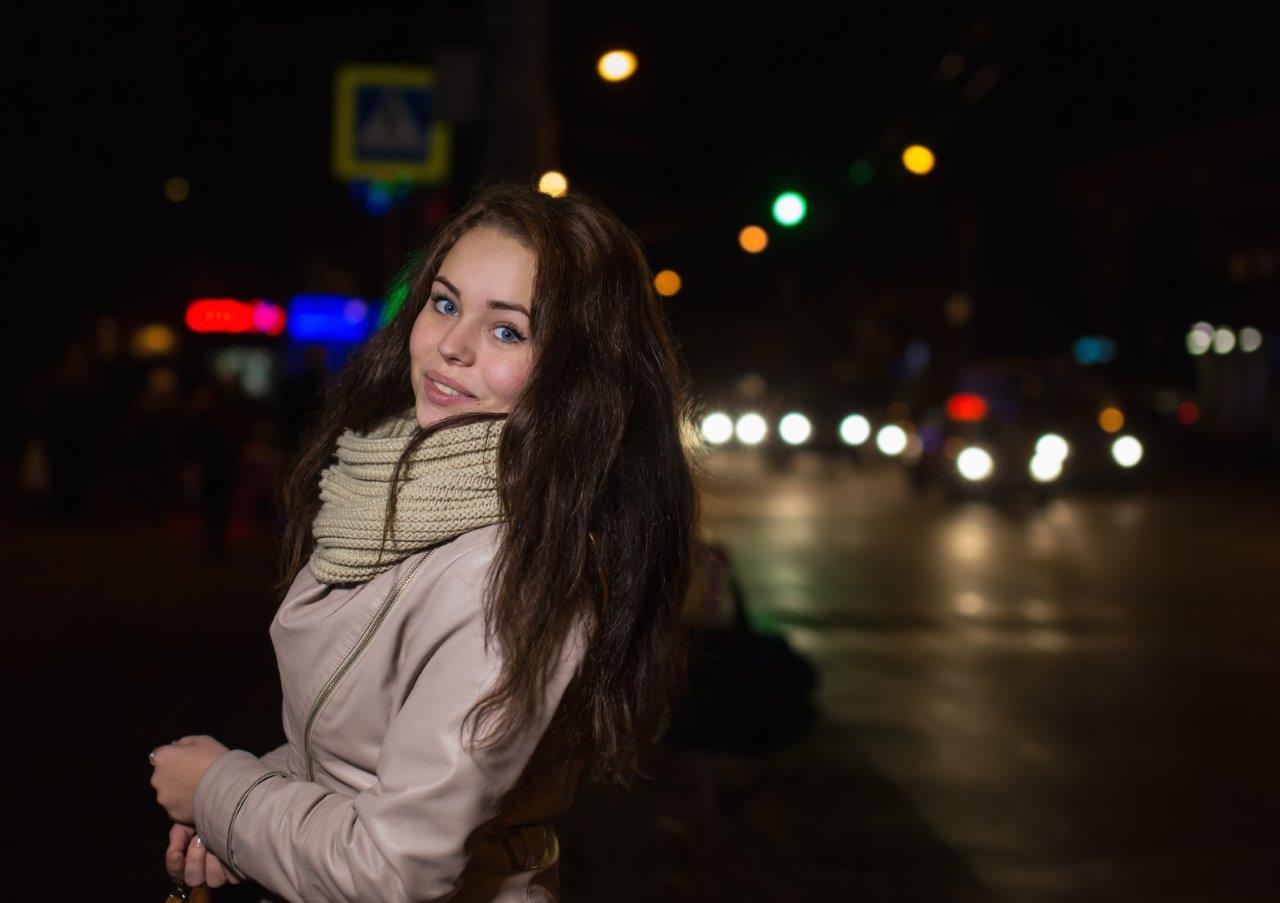
Party/Indoor
Icon often looks like confetti or candle.
This camera scene mode uses exposure settings similar to Night Portrait mode: the flash and red-eye reduction is turned on, and slow shutter speeds are used. This camera scene mode will adjust exposure settings to help capture photos in low light conditions, without causing subjects to look washed out or backgrounds to be unclear.
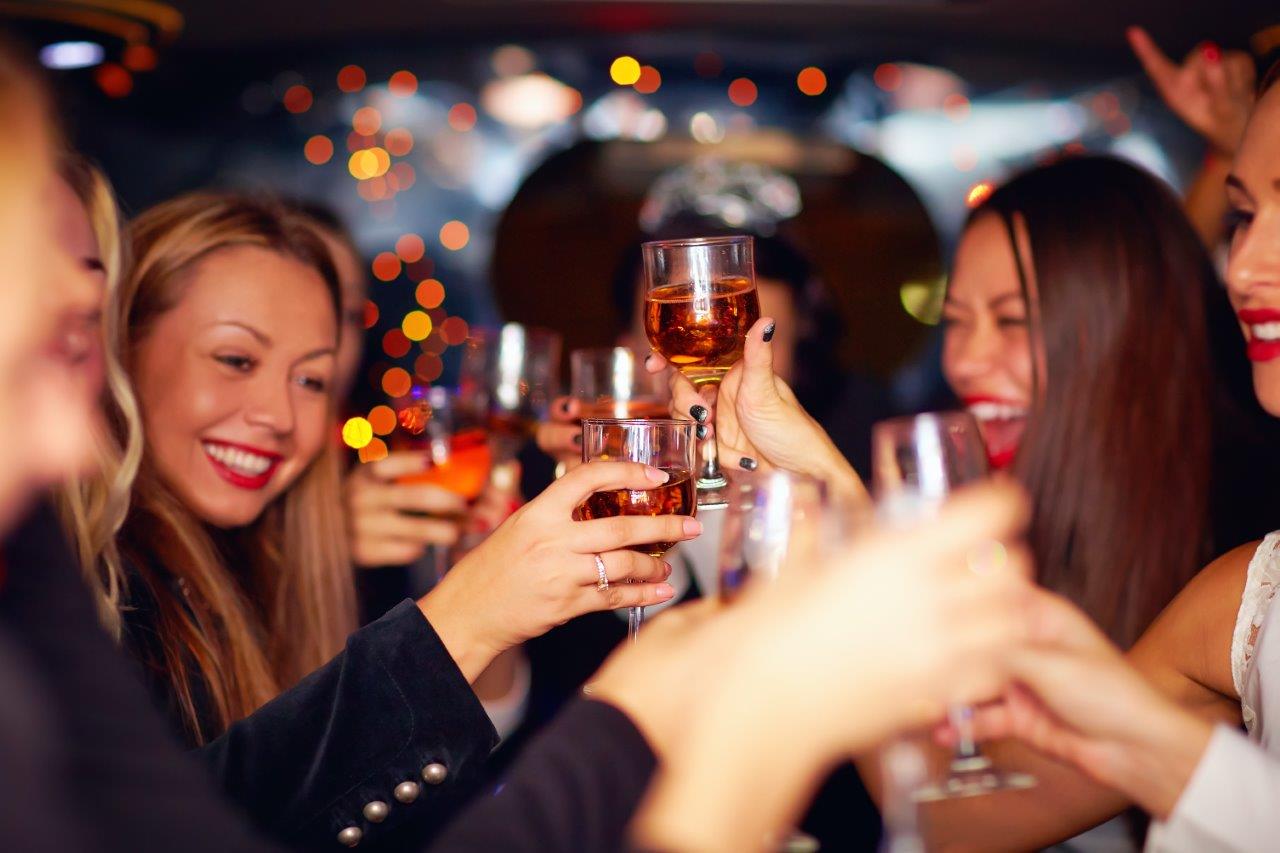
Sports
Icon of person running.
The Sports scene mode on a digital camera uses a fast shutter speed in attempts to “freeze” moving subjects, resulting in action shots that are crisp, clear and blur-free. For best results, use this camera scene mode in ideal lighting conditions, using camera stabilization techniques and, if possible, pre-focus the camera before shooting.
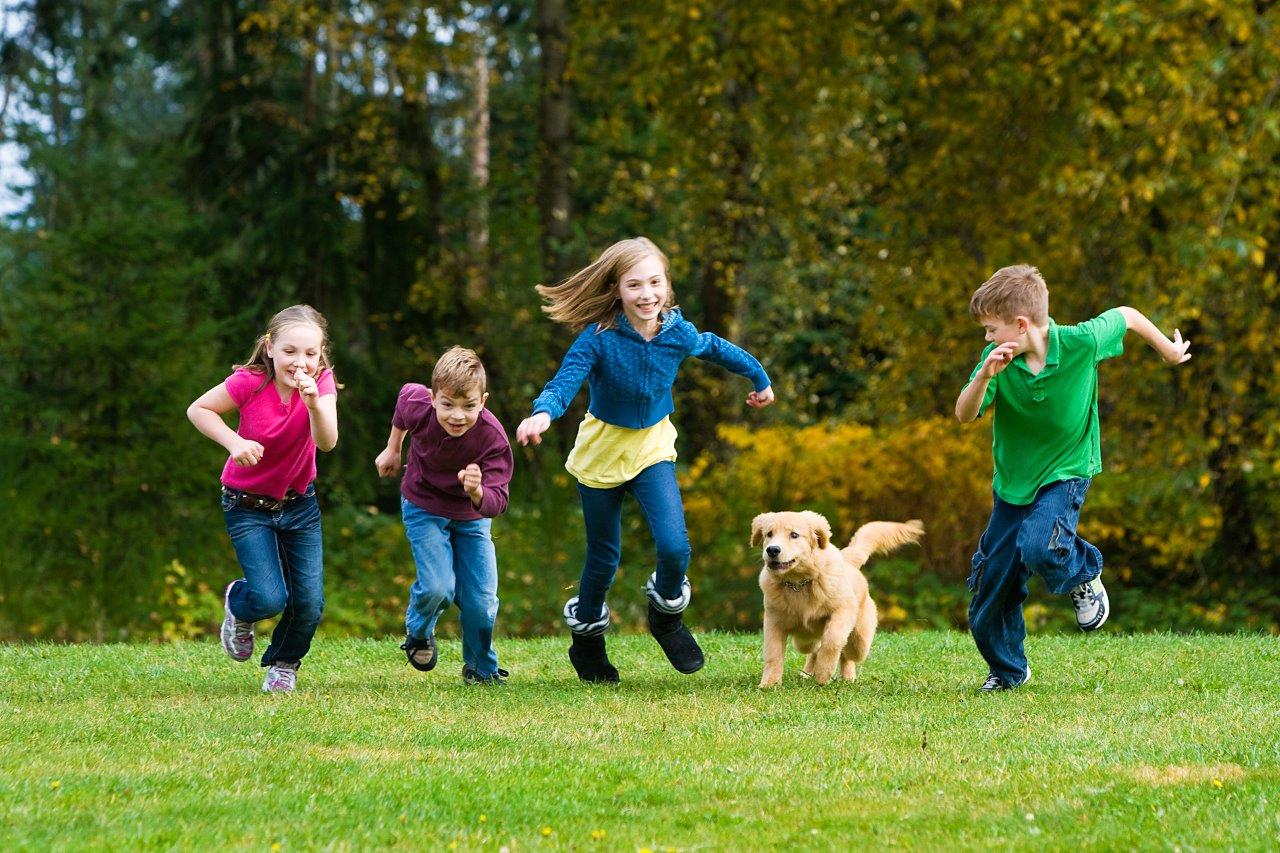
Your camera’s scene modes are there to make your job easier, so don’t be afraid to use them! And don’t forget to give your photos the attention they deserve! Let Posterjack turn your amazing photos into art!
